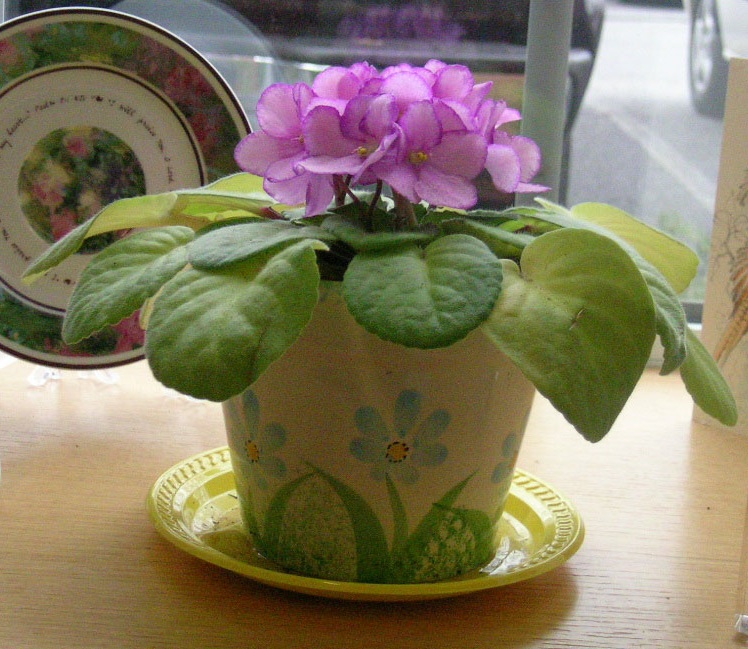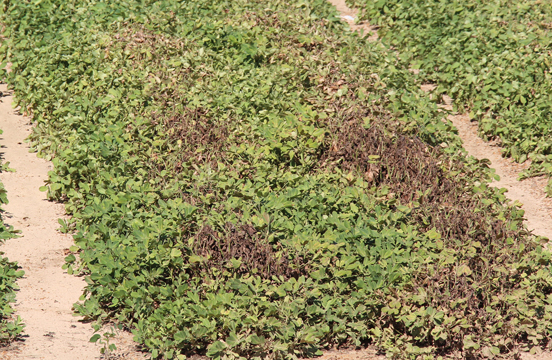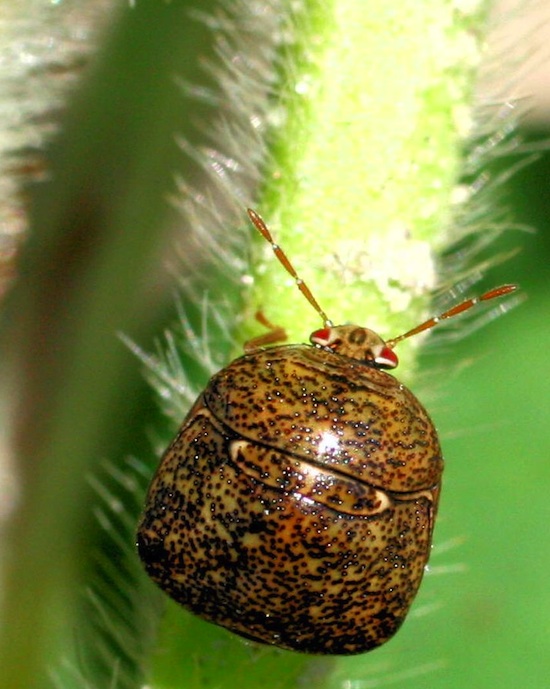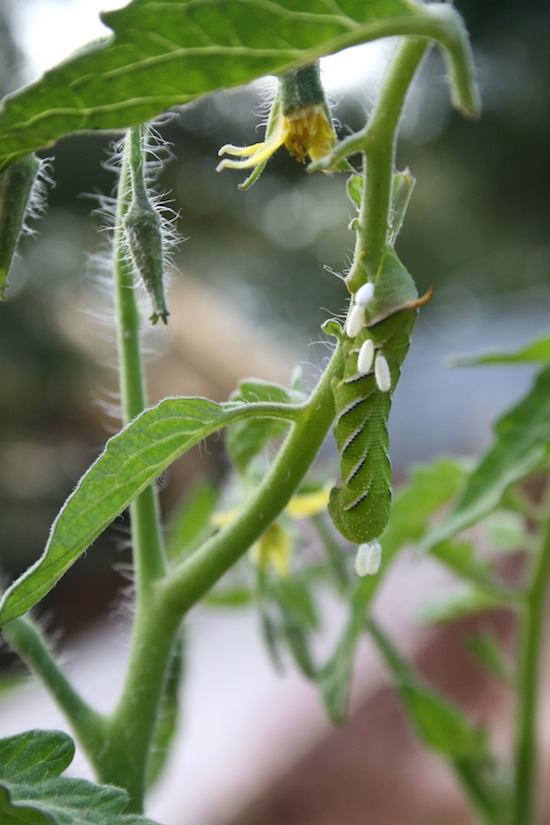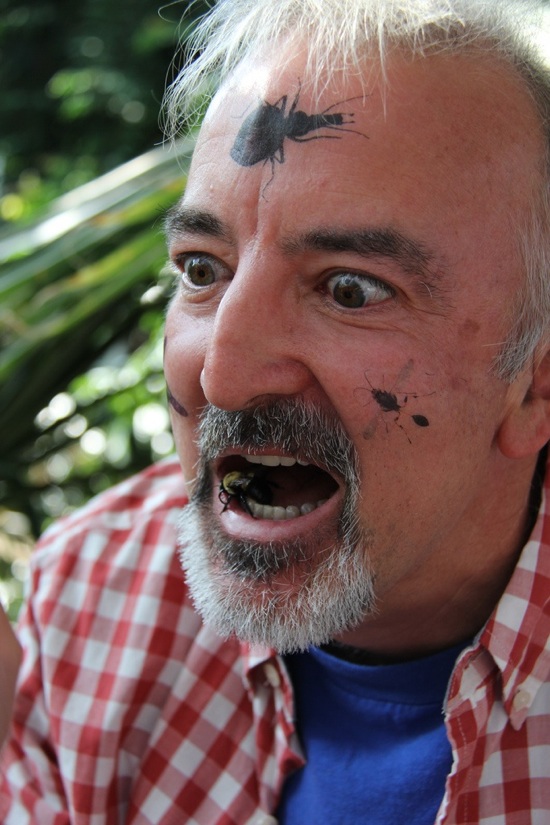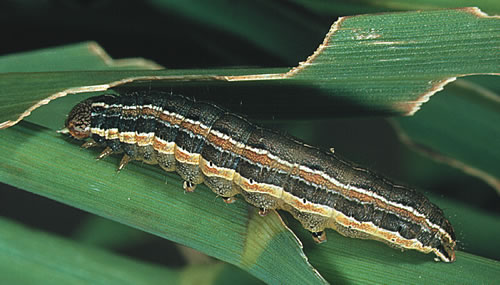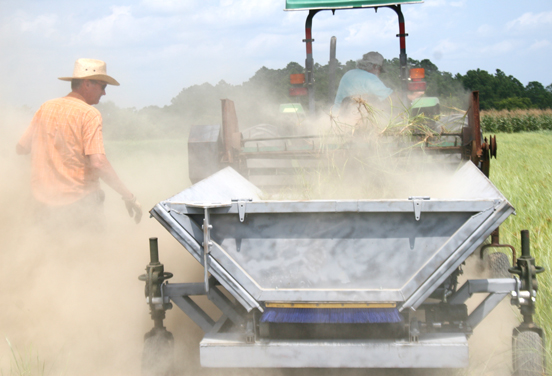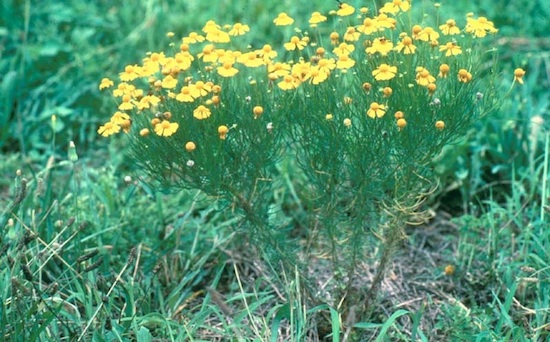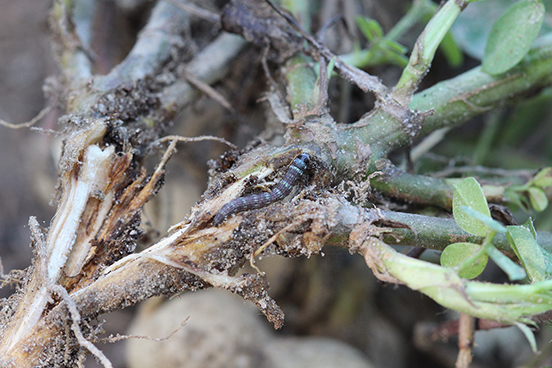 CAES News
CAES News
Lesser Corn Stalk Borer
The lesser corn stalk borer, an insect University of Georgia Extension entomologists call the most devastating pest facing Georgia peanut farmers, produced scary results in the state’s dry-land crop this year. A repeat performance in 2015 could loom if another drought persists.


